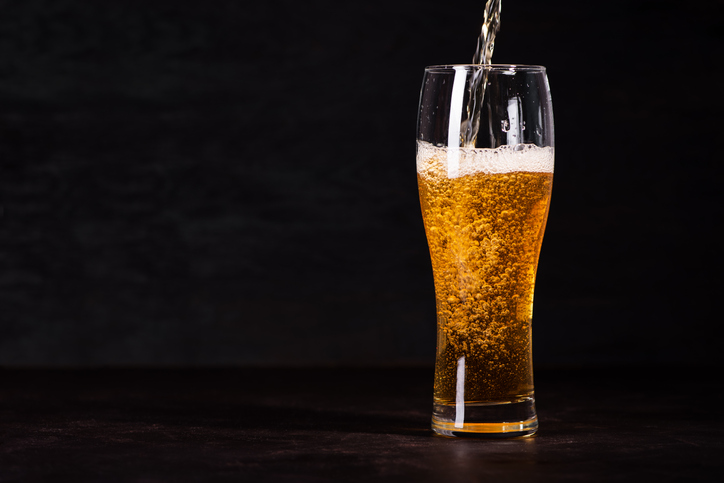
How does a breathalyzer work? And what happens if you refuse a breathalyzer test? Drivers have many unanswered questions, so today we’re bringing you five things you should know about breathalyzer tests.
As most people drive daily, having a basic understanding of how breathalyzer tests work is very important.
1. How Does a Breathalyzer Work?
Breathalyzer are devices used to detect the levels of alcohol content in the bloodstream and are used mainly on drivers to ensure that they are not driving while intoxicated.
Breathalyzers employ one of three technologies: semiconductor oxide sensor, fuel cell sensor, or spectrophotometer to determine BAC (blood alcohol content). Breathalyzers measure the amount of alcohol in the bloodstream to determine the level of intoxication.
The legal BAC limit is .08, although drivers still may exhibit signs of intoxication and poor driving judgment well under this limit.
2. BAC Levels Vary Based on a Number of Factors
Many drivers are unaware that a host of factors affects BAC levels. The rate at which alcohol enters your bloodstream is affected by age, gender, weight, muscle mass, fat, metabolism, and food consumption. Let’s take a more in-depth look at each of these:
- Age: unfortunately, age brings a greater susceptibility to the effects of alcohol. It’s been observed that older people are quicker to show signs of intoxication.
- Gender: in general, women will reach a higher BAC than men, even when the same level of alcohol is consumed. This is because alcohol is water-soluble, and women have a lower water content in their bodies than men.
- Weight, muscle mass, and body fat: People who have more body fat will show higher BAC levels.
- Food consumption slows the absorption of alcohol in the bloodstream, making the rise in BAC more gradual and less intoxicating.
- Metabolism: the speed of your metabolism is directly correlated with the speed at which your body processes alcohol.
3. Breathalyzer Tests May Give Inaccurate Readings
There have been cases where breathalyzer tests have shown higher levels of BAC due to an individual having consumed pasta with wine sauce or used mouth wash (which almost always has alcohol).
This puts drivers at risk of receiving a false breathalyzer reading, which consequently puts them at risk of incurring fines and legal penalties.
4. You Could Lose Your License for Refusing to Comply With a Breathalyzer
Almost every state has what is known as implied consent laws. This essentially means that whenever you drive, you are giving consent to undergo a breathalyzer test, should you be asked by an officer to perform one.
This means that if you refuse to comply with an officer asking you to do a breathalyzer test, you may face legal consequences.
While penalties may vary, most drivers who don’t comply with a breathalyzer test will find themselves facing license suspension at the least. The license suspension could last for months or even years and may not even end there, non-compliant drivers could also face DUI charges.
Refusing to comply with a breathalyzer test is seen by many as evidence of guilt. This, in tandem with any intoxicated behavior, may be used to issue drivers a DUI.
5. You Could be Issued a DUI Even While Under the Legal BAC
If a driver displays signs of intoxication or reckless driving behaviors, even if their BAC comes back at .04 (half the legal limit), they can still be charged with a DUI.
As a general rule, it is never considered safe to drive immediately following alcohol consumption. It’s always a good idea to have a designated driver for nights out who will not be consuming alcohol.
The take away here, though .08 is the legal limit, drivers well below that may still face DUI charges.
Need a DUI Attorney?
If you are looking for a reliable DUI attorney, give Leyba Defense a call today. Expert defense attorney Matthew Leyba has been using his legal skills to defend drivers for more than a decade. Contact Leyba Defense today to schedule your first consultation.
